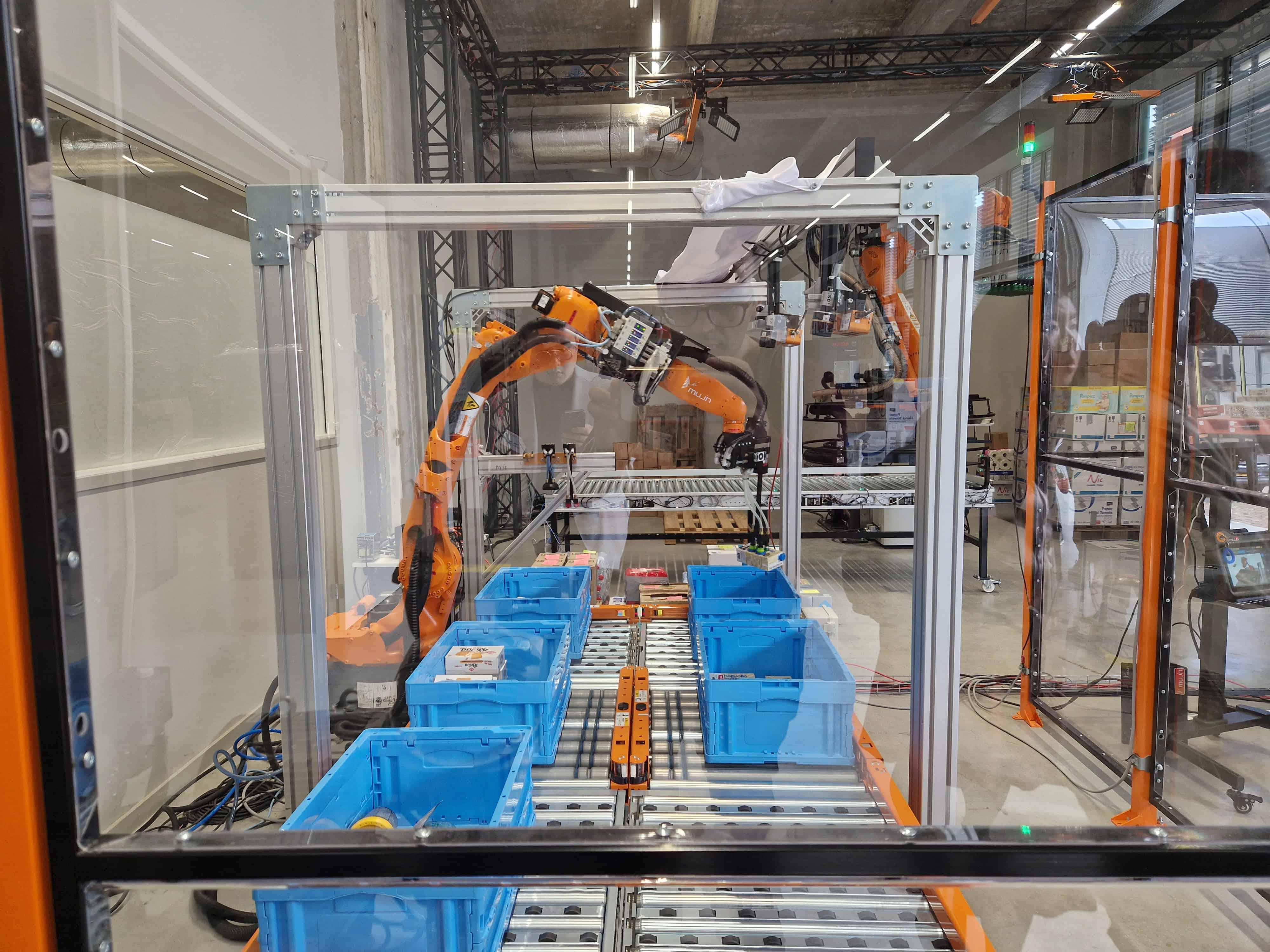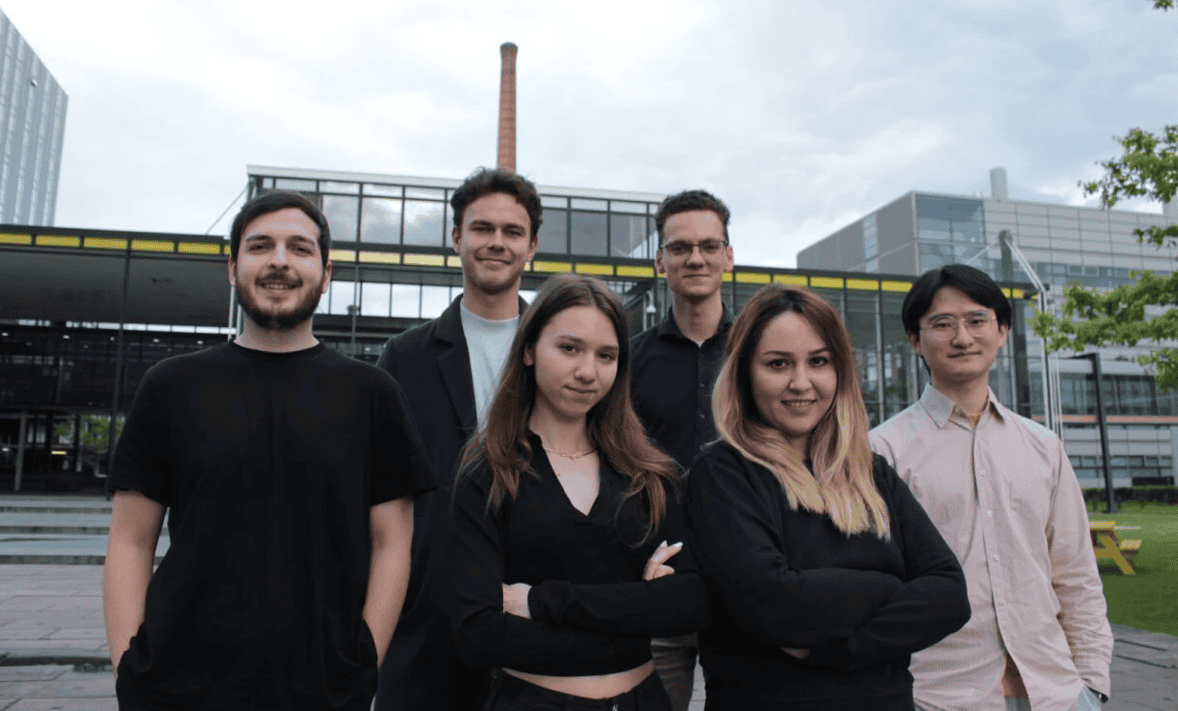
Triton, Accerion’s new localization sensor for robots and automated guided vehicles (AGVs), promises a “sub-millimeter-level accuracy”. After months of field testing in pilot programs across the globe, Triton is ready to support use cases such as free navigation, high-precision docking, and virtual line following. According to the company, successful pilot programs include swarm robots supporting the postal industry, e-commerce, and integrated warehouse robots.
Infrastructure-free localization technology with this kind of accuracy enables mobile robots to perform precision work in dynamic environments. Warehouses are Triton’s first market, one of the fastest-growing sectors globally. Accerion is based in Venlo, the Netherlands.
Triton is not Accerion’s first product. The technology was packed from flagship product Jupiter and turned into a compact localization sensor for smaller AMRs. Client-based specifications were the guideline, says Accerion Founder and Managing Director Willem-Jan Lamers. “While developing Triton, we listened closely to the market and customers. Optimizing size, performance, cost, reliability, features and Triton’s certification set was a technical challenge, but our engineering team is one of the most competent in our industry, and now Triton is ready to go global.”
For the autonomous mobile robot sector, easily and accurately determining the robot’s location – independent from the environment – is essential, specifically in warehouse logistics and production automation.
No lasers. No magnetic tape. No induction lines
Ruben Vandenheede
How it works
Consisting of an optical sensor, an integrated processing unit, and Accerion’s algorithms, Triton scans the floor surface beneath robots and uses it as a reference. Triton uses the floor surface as a map to provide coordinates to the navigation system so robots can localize themselves in the environment. “No lasers. No magnetic tape. No induction lines”, says Ruben Vandenheede, Accerion System Engineer. “We pushed hard to get the maximum performance out of the hardware. We used a superior camera, expanding the optics’ capabilities. Reliability improved dramatically after we put Triton through the wringer to make sure it’s beyond robust for industrial activities.”
Series A
Since 2015, Accerion has been working on localization technology for mobile robots and AGVs. Accerion’s mission is to make autonomous mobile robots 100% independent from infrastructure and operate with high precision in a flexible, dynamic environment. In 2019, Venlo based Accerion received a Series A round of funding from Phoenix Contact Innovation Ventures and LIOF, the Limburg Development & Investment Company, and doubled its staff to 20. Accerion has manufacturing and logistics clients in the U.S., Europe, China, and India.








